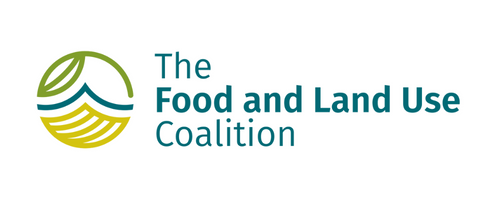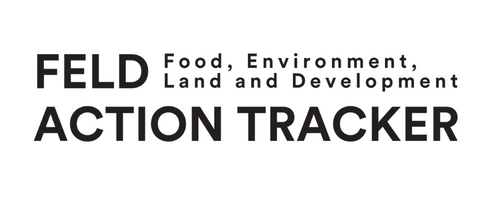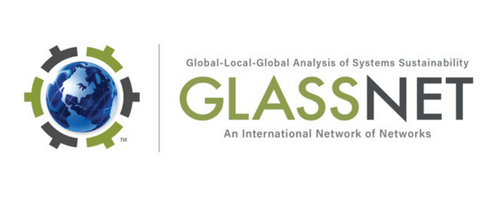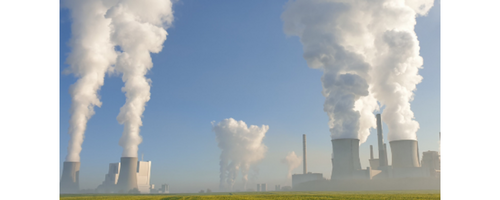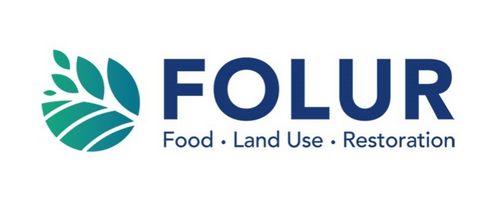Collaborations
A comprehensive global effort is crucial to bringing the sustainable transition of our food and land-use systems. The FABLE Consortium has partnered with research organizations and coalitions to gather efforts and accelerate progress toward this transformation.
